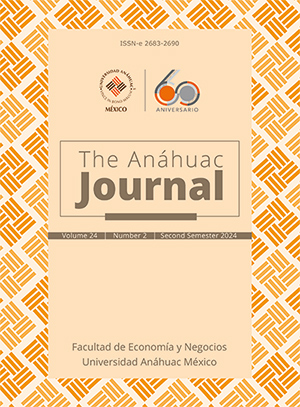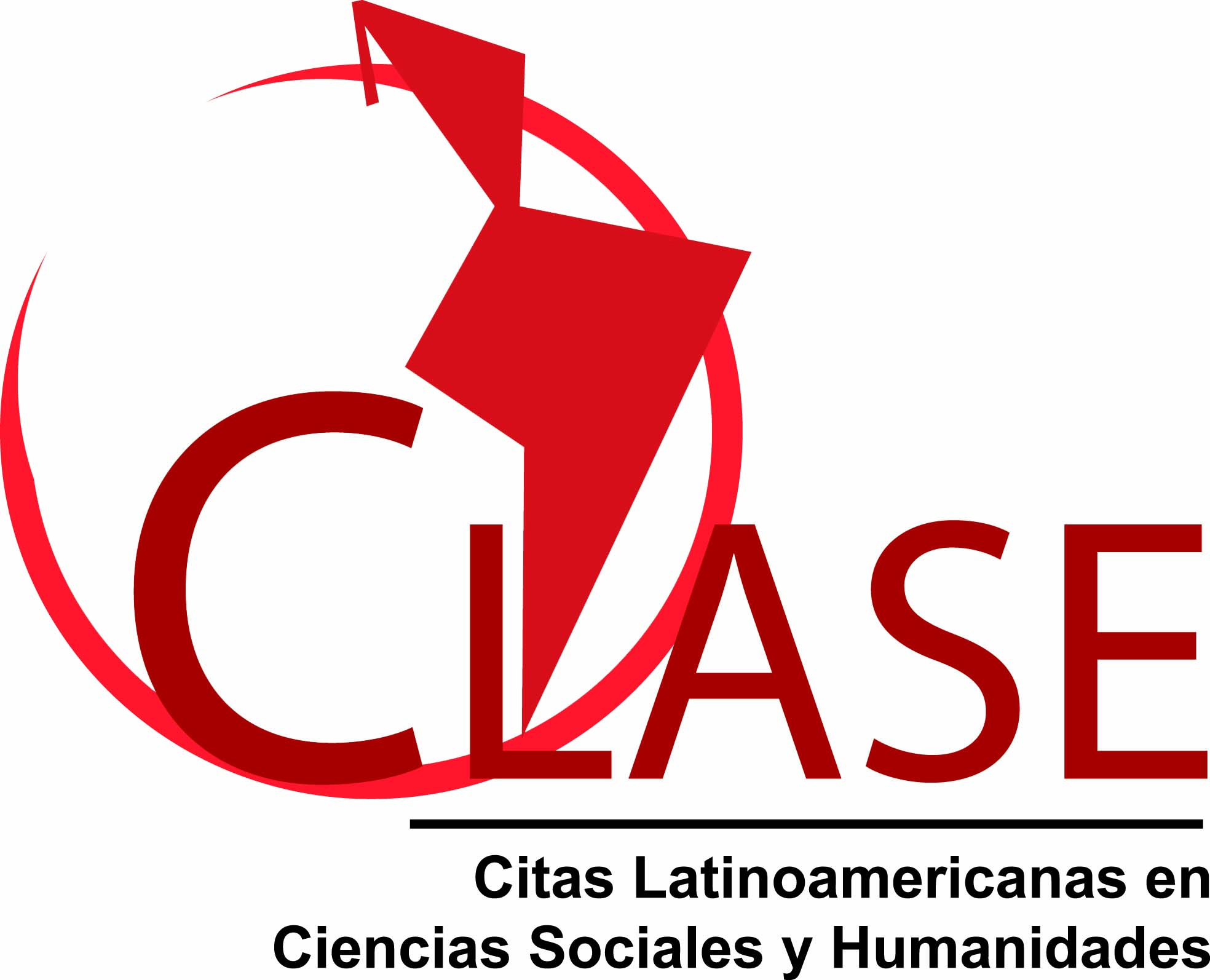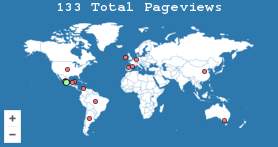Variables de percepción y emprendimiento naciente en países seleccionados de América Latina
Evidencia de la encuesta GEM 2018
DOI:
https://doi.org/10.36105/theanahuacjour.2024v24n2.2270Palabras clave:
emprendimiento, teoría de la conducta planificada, América Latina, intención de emprendimientoResumen
Resumen
Objetivo: Proporcionar evidencia empírica del impacto de las variables de percepción en la decisión de una persona de unirse o no al grupo de emprendedores nacientes.
Metodología: Regresión logística aplicada a los datos más recientes de nueve países latinoamericanos disponibles en la encuesta GEM 2018. Siguiendo la literatura existente, interconectamos variables de percepción con variables de control en forma de características sociodemográficas.
Resultados: Los nuevos emprendedores tienden a depender más de percepciones subjetivas que de variables sociodemográficas. La evidencia sugiere que tener la confianza de poseer los conocimientos y habilidades necesarias, además de conocer a un emprendedor modelo, son variables inseparables con el mayor impacto en la decisión de convertirse en emprendedor. Nuestros resultados también sugieren que el conocimiento necesario para emprender no necesariamente se origina con la educación formal, ya que esta variable resultó no significativa en el modelo. Esto apoya la hipótesis de que la confianza en los propios conocimientos y habilidades es resultado del contacto con emprendedores que sirven como modelos, instructores y mentores, lo cual es consistente con la Teoría del Aprendizaje Social.
Descargas
Referencias
References
Acs, Z.J., Audretsch, D., Braunerhjelm, P., & Carlsson, B. (2012). B. “Growth and Entrepreneurship: An Empirical Assessment.” Small Business Economics. 39: 289-300. https://link.springer.com/content/pdf/10.1007/s11187-010-9307-2.pdf?pdf=button
Arenius, P. & Minniti, M. (2005). “Perceptual Variables and Nascent Entrepreneurship”. Small Business Economics. Vol 24, issue 3, 233-247. https://www.researchgate.net/publication/5158278_Perceptual_Variables_and_Nascent_Entrepreneurship
Abbasianchavari, A. & Moritz, A. (2020). “The impact of role models on entrepreneurial intentions and behavior: a review of the literature". Management Review Quarterly 71: 1-40. https://www.researchgate.net/publication/338923485_The_impact_of_role_models_on_entrepreneurial_intentions_and_behavior_a_review_of_the_literature
Bosma, N., Hessels, J., Schutjens, V., van Pragg, M., & Verheul, I. (2012). “Entrepreneurship and Role Models”. Journal of Economic Psychology, Vol. 33, No. 2. SSRN: https://ssrn.com/abstract=1803091
Casson, M. C. (1982). The Entrepreneur: An Economic Theory. University of Illinois at Urbana-Champaign's Academy for Entrepreneurial Leadership Historical Research Reference in Entrepreneurship. SSRN: https://ssrn.com/abstract=1496173
Escobar Cabrera, J.P. (2017). “Determinantes del emprendimiento en Colombia: una visión Schumpeteriana y Kirzneriana”. Trabajo de grado para optar por el título de Economista. Universidad del Norte. Instituto de Estudios Económicos del Caribe. https://manglar.uninorte.edu.co/bitstream/handle/10584/10871/1140851003.pdf?sequence=1&isAllowed=y
Fishbein, M. & Ajzen, I. (1975). Belief, attitude, intention, and behavior: an introduction to theory and research. Addison-Wesley Pub. Co. https://people.umass.edu/aizen/pubs/book/ch8.pdf
GEM, (2018, 2022). Global Individual Data and Reports. GEM Global Entrepreneurship Monitor (gemconsortium.org)
Nowinski, W. & Yacine Haddoud. M. (2019). “The role of inspiring role models in enhancing entrepreneurial intention”. Journal of Business Research 96, (2019), 183-193. https://reader.elsevier.com/reader/sd/pii/S0148296318305575?token=2886837816C14657221C85576962ADAE18DD81B72B28D45F4FA17AFD83735469F176112FCEB445FE68246169F6D5F341&originRegion=us-east-1&originCreation=20221109160459
Ozdemir, O., & Kradeniz, E. (2011). “Investigating the factors affecting total entrepreneurial activities in Turkey (211)”. ODTÜ Gelişme Dergisi, 38(3), 275–290. https://open.metu.edu.tr/handle/11511/58382
Schmutzler, J., Andonova, V. & Diaz-Serrano, L. (2015). “When Culture Does (not) Matter: Role Models and Self Efficacy as Drivers of Entrepreneurial Behavior”. Working Papers; 2072/247806. Universitat Rovirari Virgili, Department of Economics. Retrieved from: https://recercat.cat/bitstream/handle/2072/247806/201511.pdf?sequence=1
Vodă, A.I.; Butnaru, G.I. & Butnaru, R.C. (2020). “Enablers of Entrepreneurial Activity across the European Union—An Analysis Using GEM Individual Data”. Retrieved from https://doi.org/10.3390/su12031022

Descargas
Publicado
Número
Sección
Licencia
Derechos de autor 2024 Universidad Anáhuac México

Esta obra está bajo una licencia internacional Creative Commons Atribución-NoComercial-CompartirIgual 4.0.
The Anáhuac Journal se distribuye bajo Licencia Creative Commons Atribución-NoComercial-CompartirIgual 4.0 Internacional.





























